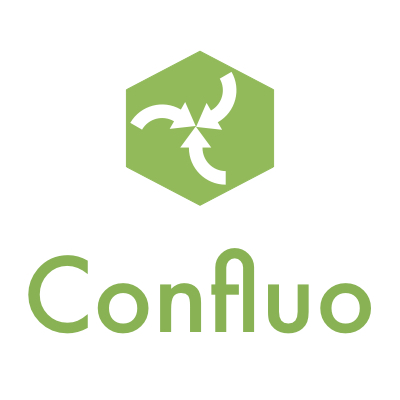(crossposted from databeta.wordpress.com) The ACM began commissioning a series of reminiscence books on Turing Award winners. Thanks to hard work by editor Michael Brodie, the first one is Mike Stonebraker’s book, which just came out. I was asked to write the chapter on Postgres. I was one of the large and distinguished crew of grad students on the Postgres project, so this was fun. ACM in its wisdom decided that these books would be published in a relatively traditional fashion—i.e. you have to pay for them. The publisher, Morgan-Claypool, has this tip for students and ACM members: Please note that the Bitly link goes to a landing page where Students, ACM Members, and Institutions who have access to the ACM…
Confluo: Millisecond-level Queries on Large-scale Live Data
Confluo is a system for real-time distributed analysis of multiple data streams. Confluo simultaneously supports high throughput concurrent writes, online queries at millisecond timescales, and CPU-efficient ad-hoc queries via a combination of data structures carefully designed for the specialized case of multiple data streams, and an end-to-end optimized system design. We are excited to release Confluo as an open-source C++ project, comprising: Confluo’s data structure library, that supports high throughput ingestion of logs, along with a wide range of online (live aggregates, conditional trigger executions, etc.) and offline (ad-hoc filters, aggregates, etc.) queries, and, A Confluo server implementation, that encapsulates the data structures and exposes its operations via an RPC interface, along with client libraries in C++, Java and Python.…
Exploratory data analysis of genomic datasets using ADAM and Mango with Apache Spark on Amazon EMR (AWS Big Data Blog Repost)
Note: This blogpost is replicated from the AWS Big Data Blog and can be found here. As the cost of genomic sequencing has rapidly decreased, the amount of publicly available genomic data has soared over the past couple of years. New cohorts and studies have produced massive datasets consisting of over 100,000 individuals. Simultaneously, these datasets have been processed to extract genetic variation across populations, producing mass amounts of variation data for each cohort. In this era of big data, tools like Apache Spark have provided a user-friendly platform for batch processing of large datasets. However, to use such tools as a sufficient replacement to current bioinformatics pipelines, we need more accessible and comprehensive APIs for processing genomic data. We…
Announcing Ground v0.1
We’re excited to be releasing v0.1 of the Ground project! Ground is a data context service. It is a central repository for all the information surrounding the use of data in an organization. Ground concerns itself with what data an organization has, where that data is, who (both human beings and software systems) is touching that data, and how that data is being modified and described. Above all, Ground aims to be an open-source, vendor neutral system that provides users an unopinionated metamodel and set of APIs that allow them to think about and interact with data context generated in their organization. Ground has many use cases, but we’re focused on two specific ones at present: Data Inventory: large organizations…
RISELab Announces 3 Open Source Releases
Part of the Berkeley tradition—and the RISELab mission—is to release open source software as part of our research agenda. Six months after launching the lab, we’re excited to announce initial v0.1 releases of three RISElab open-source systems: Clipper, Ground and Ray. Clipper is an open-source prediction-serving system. Clipper simplifies deploying models from a wide range of machine learning frameworks by exposing a common REST interface and automatically ensuring low-latency and high-throughput predictions. In the 0.1 release, we focused on reliable support for serving models trained in Spark and Scikit-Learn. In the next release we will be introducing support for TensorFlow and Caffe2 as well as online-personalization and multi-armed bandits. We are providing active support for early users and will be following Github issues…
Serverless Scientific Computing
For many scientific and engineering users, cloud infrastructure remains challenging to use. While many of their use cases are embarrassingly parallel, the challenges involved in provisioning and using stateful cloud services keep them trapped on their laptops or large shared workstations. Before getting started, a new cloud user confronts a bewildering number of choices. First, what instance type do they need ? How do they make the compute/memory tradeoff? How large do they want their cluster to be? Can they take advantage of dynamic market-based instances (spot instances) that can disappear at any time? What if they have 1000 small jobs, each of which takes a few minutes — what’s the most cost-effective way of allocating servers? What host operating…


